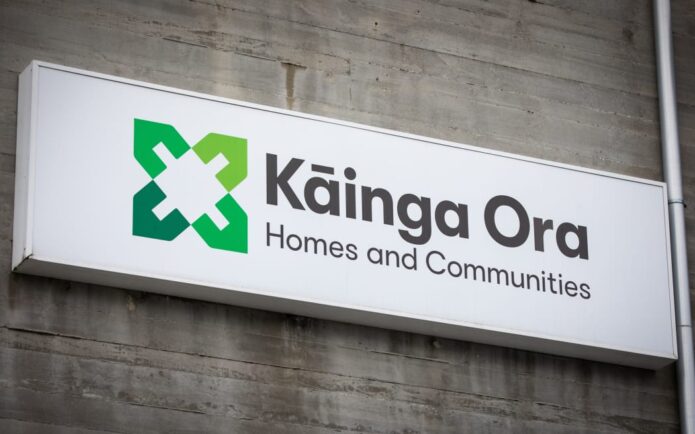PHOTO: Trade Me Property Price Index
Properties for sale in New Zealand are spending less time on the market and prices have increased for the first time in 10 months, according to the latest Trade Me Property Price Index.
We measure days onsite as a key indicator of how the property market is tracking, said Trade Me Property Sales Director Gavin Lloyd. “In a hot market, like we saw in 2021, properties were selling extremely quickly with the median days onsite dropping to just 28 days.
“We well and truly hit the bottom of the market in July this year with properties spending 74 days onsite while the national average asking price reached its lowest point since June 2021.
“August, however, was a turning point.”
After the median days onsite steadily increased throughout the year, August saw this retreat to 68 days, falling six days when compared to July. This wasn’t the only sign that the market had bounced back with vendors moving towards less price transparent methods of sale, said Mr Lloyd.
“We often see the method of sale for a property change depending on market conditions. In a hot market, when demand is high and supply is low, we tend to see vendors move towards less price transparent selling methods like auctions and tenders. In a cool market, vendors are more transparent about the price they want and therefore opt for methods like enquiries over or asking price.
“In August we saw a small but noticeable shift towards less price transparent methods of sale with auctions making up 19 per cent of total listings, up from 10 per cent in July. The total number of properties listed with an asking price fell from 35 per cent in July to 26 per cent in August.”
Property prices increase for first time in 10 months
The national average asking price increased when compared with July, climbing 0.4 per cent to $837,400.
“While this increase is small, this is yet another indicator that the property market reached a turning point in August, as we haven’t seen prices increase month-on-month since October,” said Mr Lloyd.
“My advice to those who have been waiting for prices to reach the bottom is to get your ducks in a row, now. If you have the deposit behind you, talk to a local agent and the bank, and get ready to make a move.”
Regions a mixed bag
Following the national trend, the average asking price in several regions increased when compared with July, including Canterbury (up 1 per cent month-on-month), Hawke’s Bay (up 3 per cent), Marlborough (up 3 per cent), Otago (up 5 per cent), Taranaki (up 0.2 per cent), Waikato (up 1 per cent) and West Coast (up 6 per cent).
Meanwhile our largest regions, Auckland and Wellington were yet to follow the national trend with prices continuing to cool.
Real estate agents respond to claims they are AUSTRALIA’S least trusted professionals
“The average asking price in the Auckland region fell 1.1 per cent on July to $1,023,000 – the lowest since February 2021. In Wellington, prices dipped under the $800,000 mark for the first time since February 2021 to $795,950, falling 1.8 per cent on July.”
Vendors and buyers pick up
When compared with July, we saw more properties listed for sale and more Kiwi browsing property listings, said Mr Lloyd.
“The number of properties for sale increased 2 per cent on July, giving prospective buyers more choice. Buyers were also looking to make the most of the market conditions with a 1 per cent uplift in demand for properties.
“Traditionally between July and August we see the market continue to cool as buyers and sellers retreat over the winter months. This didn’t happen in August which is surprising, and perhaps a sign of things to come for the property market.”
Small properties see the biggest price drop
When we look at properties by size, small properties (1-2 bedrooms) saw the biggest decline nationally when compared with August last year.
“In Pōneke (Wellington city), medium sized properties (3-4 bedrooms) saw the largest price fall of 13 per cent to just under the million-dollar mark at $978,750.
“Large properties (5+ bedrooms) in Ōtautahi (Christchurch city) bucked the national trend with a 7 per cent price jump. However, despite this price bump the average asking price was still $400,000 cheaper than its Wellington city counterparts and $1,300,000 cheaper than the same size property in Auckland city.”














